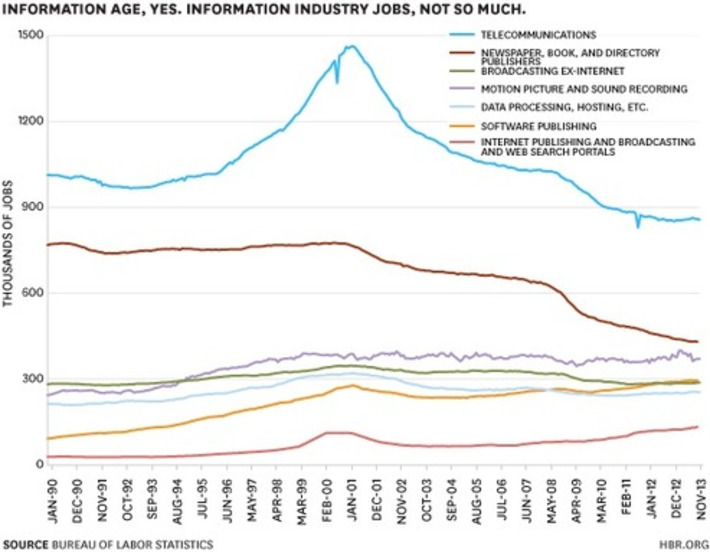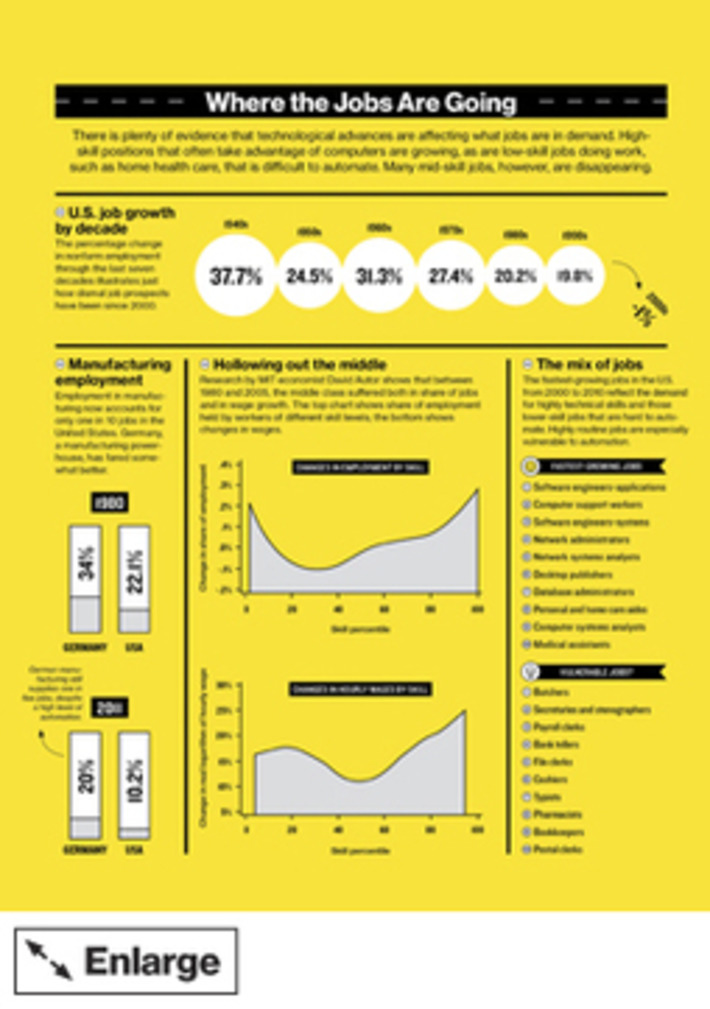IBM is now training Watson to be a cancer specialist. The idea is to use Watson's increasingly sophisticated artificial intelligence to find personalised treatments for every cancer patient, by comparing disease and treatment histories, genetic data, scans and symptoms against the vast universe of medical knowledge.
Such precision targeting is possible to a limited extent, but it can take weeks of dedicated sleuthing by a team of researchers. Watson would be able to make this type of treatment recommendation in mere minutes.
The IBM program is one of several new aggressive health-care projects that aim to sift through the huge pools of data created by people's records and daily routines and then identify patterns and connections to predict needs. It is a revolutionary approach to medicine and health care that is likely to have significant social, economic and political consequences.

|
Scooped by Farid Mheir |
IBM Watson computer is now being trained as a medical doctor and is now study for a fellowship in cancer diagnosis and treatment.
WHY THIS IS IMPORTANT
All jobs are candidates to replaced or drastically transformed by software. I wrote about this in the past but this text in paper says it best.
"While there's much debate about the extent to which technology is destroying jobs, recent research has driven concern. A 2013 paper by economists at the University of Oxford calculated the probability of 702 occupations being automated or " roboticised " out of existence and found that a startling 47 per cent of American jobs - from paralegals to taxi drivers - could disappear in coming years. Similar research by MIT business professors Erik Brynjolfsson and Andrew McAfee has shown that this trend may be accelerating and that we are at the dawn of a "second machine age"."
Also see
- about the second machine age and digital transformation
http://www.scoop.it/t/digital-transformation-of-businesses?q=mcaffee
- half of jobs are vulnerable http://sco.lt/5Loi3d
- impact on jobs
http://www.scoop.it/t/digital-transformation-of-businesses?q=jobs



 Your new post is loading...
Your new post is loading...













La robotique d'Asimov est en marche.